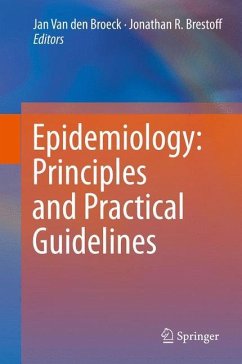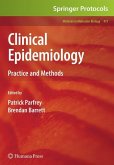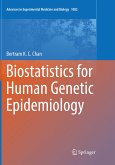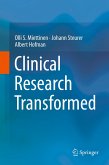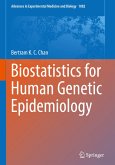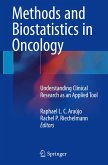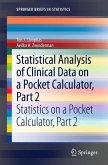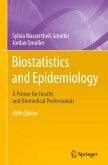This textbook presents epidemiology in a practical manner, contextualized with discussions of theory and ethics, so that students and professionals from all academic backgrounds may develop a deep appreciation for how to conduct and interpret epidemiological research. Readers will develop skills to:
· Search for and appraise literature critically
· Develop important research questions
· Design, plan, and implement studies to address those questions
· Develop proposals to obtain funding
· Perform and interpret fundamental statistical estimations, tests,and models
· Consider the ethical implications of all stages of research
· Report findings in publications
· Advocate for change in the public health settingEpidemiology is and will remain a discipline in motion, and this textbook aims at reflecting this dynamism and keeping pace with its momentum. This textbook is not only a classroom tool with high utility but also an essential reference and guide for thoseengaging in research involving human subjects.
· Search for and appraise literature critically
· Develop important research questions
· Design, plan, and implement studies to address those questions
· Develop proposals to obtain funding
· Perform and interpret fundamental statistical estimations, tests,and models
· Consider the ethical implications of all stages of research
· Report findings in publications
· Advocate for change in the public health settingEpidemiology is and will remain a discipline in motion, and this textbook aims at reflecting this dynamism and keeping pace with its momentum. This textbook is not only a classroom tool with high utility but also an essential reference and guide for thoseengaging in research involving human subjects.
"This book follows the logical stages of a research project while introducing the major epidemiological concepts and practices. ... For students and practitioners such as field epidemiologists, this book is very important. ... it is most appropriate for epidemiology students working on their dissertations or researchers (MD, resident) who want to start a research project. ... This is a very interesting book because of its practical nature and thoroughness for field epidemiologists. It is an excellent addition to epidemiology advanced courses ... for PhD students." -- (Ousmane Diallo, Doody's Book Reviews, July, 2013)
From the reviews: "This book follows the logical stages of a research project while introducing the major epidemiological concepts and practices. ... For students and practitioners such as field epidemiologists, this book is very important. ... it is most appropriate for epidemiology students working on their dissertations or researchers (MD, resident) who want to start a research project. ... This is a very interesting book because of its practical nature and thoroughness for field epidemiologists. It is an excellent addition to epidemiology advanced courses ... for PhD students." (Ousmane Diallo, Doody's Book Reviews, July, 2013)

